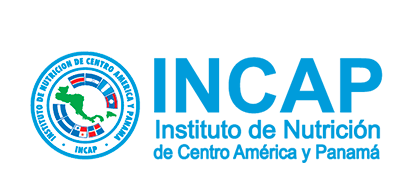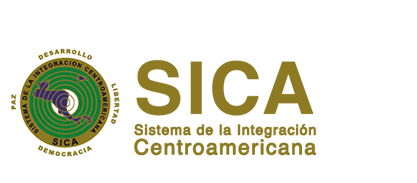Participating institutions Panamerican Health Organization (PAHO) University of Toronto, USA Institute of Nutrition of Central America and Panama (INCAP) CIIPEC Researchers Manuel Ramírez-Zea Fernanda Kroker-Lobos Paola Arévalo. Summary Objectives Collect, validate and analyse, using standarized protocols, the levels of critical nutrients (specifically sodium and trans fats) in a variety of selected packaged products available in supermarkets in Panama. Methodology Financing Project duration Support information 1. Data collection, after receiving training on the use of FLIP app and website, we will perform a brief pilot with one or two prioritized food categories in order to validate all procedures in field: scan, data entry and validation of data. Using the FLIP app, trained research assitants wll collect photographs of packaged products labels for as many products as possible, prioritizing PAHO food categories. They will also entry the necessary information to monitor sodium levels and trans fat (serving size, calorie, sodium and trans fat content). Junior investigators wll then validate the data using the FLIP website, provide necessary feedback and carry out data quality assurance (outliers and errors). Outliers and error wll be corrected during the field work. 2. Analysis and report, Junior and senior investigators will generate a master dataset with the nutrient content of validates packaged products. With special focus on the content of sodium and trans fats, we will provide outputs and tables containing descriptive analyisis by food categories. Also, it will include descriptive analysis on nutrient profiling of food products according to PAHO guidelines (at country level) and comparisons with salt reductions regional targets. A report will be deliverable to PAHO. 3. Incidence, an expert on incidence will conduct an incidence plan for different stakeholders in order to communicate main results. During this phase we also proposed developing a policy brief with the most important results and messages that will serve as advocacy tool for the country. Panamerican Health Organization (PAHO). Flip study of project IDRC 108167. March 2022-August 2022 http://flip.canadafoodtracker.com/resources/FLIP%20PAHO%20User%20Guide%20Spanish.pdf
Monitoring of critical nutrients in packaged products from Panama
















